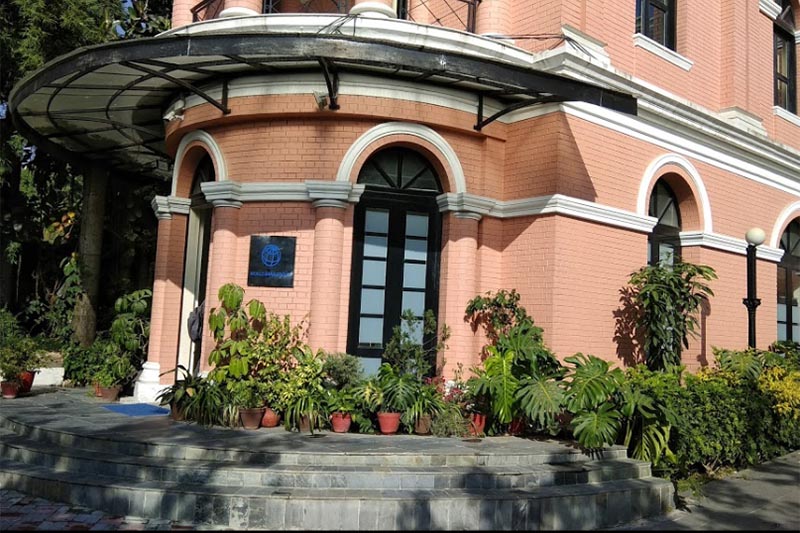World Bank approves $200m support to strengthen Nepal’s financial sector
KATHMANDU, SEPTEMBER 18
The World Bank has approved a $200 million ‘Finance for Growth’ development policy credit to strengthen financial sector stability, diversify financial solutions, and increase access to financial services in support of Nepal’s COVID-19 resilience and recovery efforts.
“In this era of COVID-19, protecting people’s lives is the priority, but giving a boost to economic recovery is equally urgent,”
Faris Hadad-Zervos, World Bank country director for Nepal, Maldives and Sri Lanka, has been quoted as saying in a media release issued today. “This project and World Bank support will pave the way for the financial sector and capital and insurance markets to strengthen resilience and more effectively contribute to Nepal’s COVID-19 recovery.”
The ‘Finance for Growth’ operation will support enhanced supervision of risks confronting the banking and financial institutions, especially in the context of the pandemic’s impacts.
The operation will also help build capital, insurance, venture capital and private equity and disaster risk financing markets through regulatory reforms.
This will help open new investment opportunities for market actors and crowd-in private financing.
The other critical area of focus is to expand access to finance for households, women and firms through regulatory and other reforms that will attract additional inflows of international finance and mobilise digital services, credit infrastructure and literacy programmes.
“The project supports the government’s significant reform agenda to enable the financial sector to better respond to the new socio-economic challenges arising from the COVID-19 pandemic. Initiatives to extend access to digital financial services and attract private financing to complement the government’s fiscal resources to address disasters are two innovations that will significantly benefit households and women in Nepal,” stated Peter Mousley, project task team leader of the World Bank.
A version of this article appears in e-paper on September 19, 2020, of The Himalayan Times.






